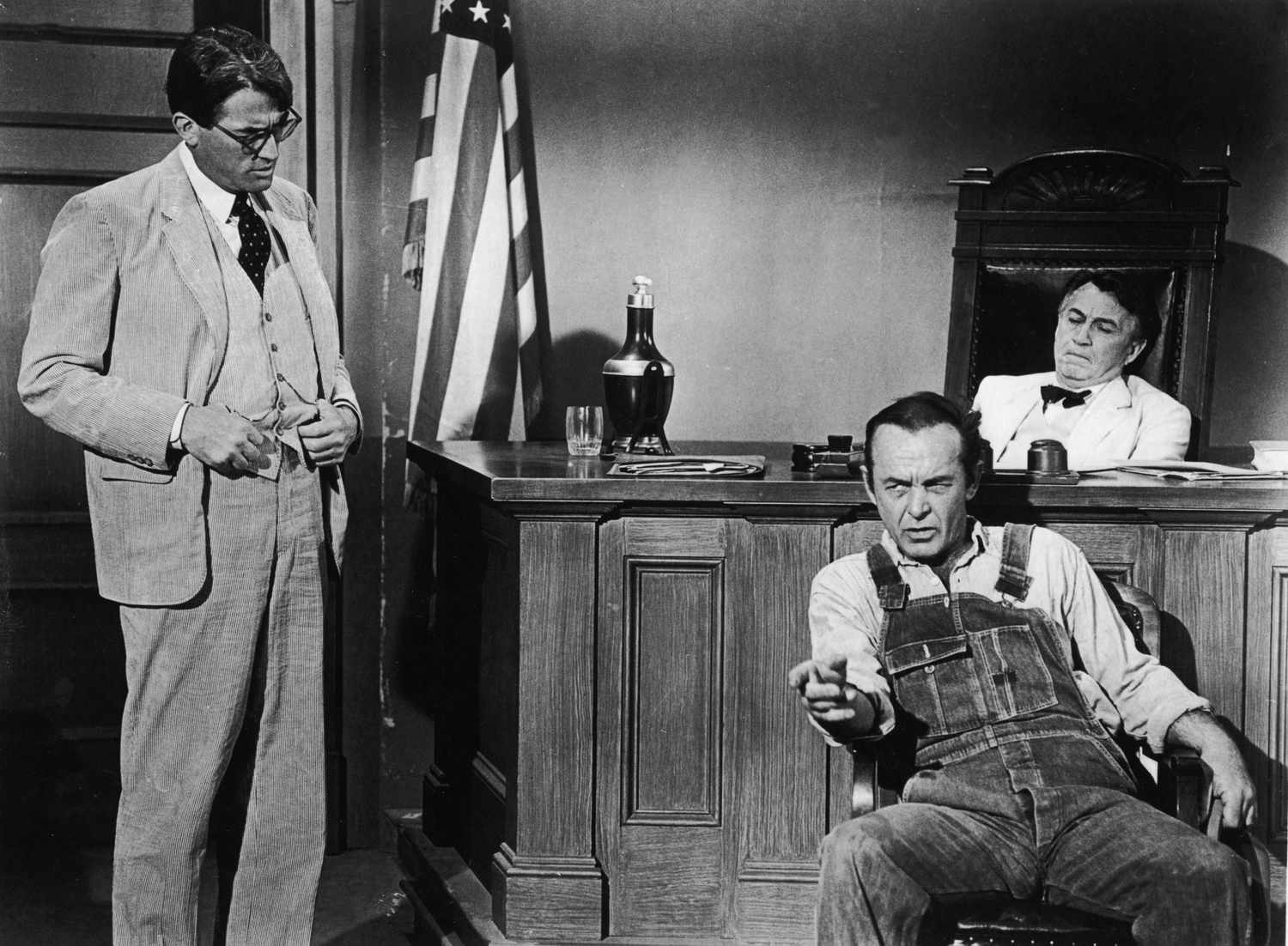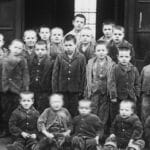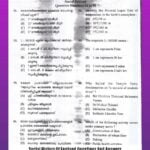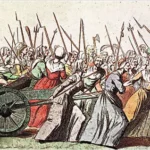Walter Cunningham is not merely a character in Harper Lee’s To Kill a Mockingbird; he is an embodiment of the human condition, grappling with poverty, pride, and prejudice in Depression-era Alabama. This article delves into the multifaceted nature of Walter Cunningham, exploring his internal conflicts, his role in the novel’s key events, and his enduring significance as a symbol of the complexities of human morality.
Walter Cunningham Sr.: A Portrait of Contradictions
Walter Cunningham Sr., a poor farmer, stands as a stark representation of the economic hardships faced by many during the Great Depression. His poverty, however, does not define him. He clings fiercely to his pride and independence, refusing charity yet diligently repaying debts in kind, even if it’s with hickory nuts and turnip greens. This unwavering sense of honor suggests a deeper moral compass, setting him apart from others in Maycomb’s stratified society. This pride, while admirable, also contributes to his internal struggles. His participation in the attempted lynching of Tom Robinson reveals how easily fear and prejudice can sway even those with a strong sense of personal integrity. This incident underscores the pervasiveness of racial prejudice in the Jim Crow South and the powerful influence of mob mentality. It prompts readers to question whether Cunningham is inherently malicious or simply a product of his environment, shaped by the ingrained biases of his community. Some experts believe that his poverty may exacerbate his vulnerability to these societal pressures, as his pride might be intertwined with a need to maintain his standing within his community.
Walter Cunningham Jr.: Innocence and the Impact of Poverty
Walter Cunningham Jr., Scout’s classmate, offers a poignant glimpse into the impact of poverty on children. The school lunch incident in Chapter 2, where young Walter pours syrup over his entire plate and refuses Miss Caroline’s offer of a quarter, reveals his family’s dire financial straits and his ingrained sense of pride. His discomfort and vulnerability in this scene highlight the challenges faced by impoverished children in a system that often fails to address their basic needs. This episode also underscores Scout’s initial lack of understanding, a key moment in her own journey towards empathy and compassion. It is in these seemingly small moments that Lee masterfully illustrates the pervasive effects of poverty and social inequality.
The Lynch Mob and a Glimmer of Hope
One of the most crucial moments in the novel occurs outside the Maycomb jail, where Walter Cunningham Sr. stands among the would-be lynch mob. He is swept up in the collective fervor, fueled by racial prejudice and a desire to uphold a distorted sense of justice. Yet, a remarkable shift occurs when Scout Finch, with her innocent and unassuming demeanor, recognizes Walter and engages him in conversation about his son and entailments. This simple act of human connection pierces through the mob mentality, reminding Walter of his individual responsibility and shared humanity with Atticus and Tom Robinson. He disperses the mob, demonstrating that even those deeply entrenched in prejudice can be swayed by empathy and reason. This pivotal moment underscores the novel’s powerful message about the importance of understanding and the potential for change, even in the face of deeply ingrained social biases. There is ongoing debate on whether this incident genuinely changed Walter’s perspective or merely represented a momentary lapse in his prejudice. Further research into the lasting impact of this encounter would provide valuable insight into the complexities of character transformation within the context of the Jim Crow South.
The Cunninghams and the Enduring Questions of Morality
The Cunninghams, father and son, are more than just characters; they are symbols of the intricate and often contradictory nature of human morality. They represent the “shifting sands” of right and wrong, challenging readers to confront the complexities of judging others in a world rife with social inequalities and ingrained biases. Their struggles and moments of grace remind us that individuals are rarely all good or all bad, but are shaped by their circumstances and experiences. Their presence in the novel enriches its exploration of empathy, social class, and the enduring power of human connection.
The Cunninghams’ story continues to resonate with readers because it challenges us to examine our own biases and to strive for a more just and compassionate world. They embody the novel’s exploration of poverty, racism, and the power of human connection, reminding us that even in darkness, glimmers of hope and humanity can still prevail. Their experiences force readers to consider the human cost of poverty, prejudice and the importance of perspective. The Cunninghams, in their flawed humanity, provide a powerful lens through which to explore the deeper themes of To Kill a Mockingbird.
Walter Cunningham: Understanding a Complex Character
Walter Cunningham isn’t a simple character to define; he’s a mixture of contradictions reflecting the complexities of the Jim Crow South. He’s impoverished, clinging to his pride while battling prejudice, yet also capable of surprising empathy. This makes him a compelling figure, prompting us to consider the forces that shape individual morality. It is important to remember that current research into the Jim Crow South continues to reveal new insights into the complexities of this era, suggesting our understanding of characters like Walter Cunningham may evolve as more information comes to light.
His poverty is evident, but it doesn’t define him. Instead, his pride is paramount. He refuses charity and prefers hard work, even in the face of hardship. His prejudice, deeply ingrained by his environment, is undeniable, but it coexists with a capacity for understanding. His interactions with Scout suggest he is capable of growth and change. He may be a product of his time, but he also possesses an inherent sense of right and wrong, as seen in his eventual understanding of Atticus Finch.
| Trait | Description |
|---|---|
| Poverty | Experiences significant financial hardship, reflected in his appearance and actions. |
| Pride | Maintains a strong sense of self-respect and refuses handouts, preferring to earn his way. |
| Prejudice | Initially exhibits prejudiced views typical of his era but demonstrates potential for growth and understanding. |
| Empathy | Shows empathy towards Scout and eventually Atticus, indicating a capacity for compassion and connection. |
| Moral Complexity | Represents the nuanced moral landscape of the time, struggling with internal conflicts between ingrained biases and inherent human decency. |
Scout’s Discomfort: More Than Child’s Play
Scout’s initial frustration with Walter Jr. wasn’t simply a childish squabble; it was a clash of cultures and a reflection of Maycomb’s rigid social hierarchy. Young Walter’s table manners, so different from what Scout considered proper, likely triggered her discomfort. Her reaction suggests an internalized class bias, unconsciously associating Walter’s behavior with his lower social standing. Furthermore, Scout’s young age and limited experience contributed to her inability to see Walter’s perspective. This incident, however, became a catalyst for her growth, paving the way for her developing empathy and understanding.
| Factor | Explanation |
|---|---|
| Table Manners | Walter’s unfamiliar eating habits clashed with Scout’s ingrained sense of propriety, creating discomfort and a sense of otherness. |
| Class Prejudice | Scout’s reaction likely reflected the ingrained class biases of Maycomb society, unconsciously viewing Walter as inferior due to his family’s poverty. |
| Lack of Empathy | Scout’s inability to understand Walter’s perspective, shaped by his family’s limited resources, fueled her initial negative response. |
| Childhood Perspective | As a child, Scout’s limited understanding of social complexities contributed to her judgmental reaction. |
Walter Cunningham: A Name, a Symbol
Walter Cunningham, both father and son, represent the human struggle within a prejudiced society. Walter Sr.’s participation in the attempted lynch mob and subsequent dispersal suggest a capacity for both prejudice and empathy. It is likely his poverty and pride played a role in his initial actions, while Scout’s intervention appealed to his underlying sense of humanity. Meanwhile, Walter Jr.’s experiences at school illuminate the hardships of poverty and the vulnerability of children. Further research into the historical context of the Jim Crow South could offer a more nuanced understanding of the pressures faced by individuals like Walter Cunningham.
| Key Points about Walter Cunningham | Description |
|---|---|
| Full Name | Walter Cunningham |
| Social Status | Impoverished farmer, representative of the Depression-era working class |
| Key Traits | Proud, initially prejudiced, but capable of empathy and change |
| Significance | Demonstrates the complexities of human nature and the power of empathy |
Investigate William Hartsfield’s impact on Hartsfield-Jackson Atlanta International Airport, which now stands as the busiest airport in the world. The enticing aroma of what aperitif ouzo smells like may evoke memories of vibrant Greek summers and the promise of culinary adventures.
- Unlock Water’s Symbolism: A Cross-Cultural Exploration - April 20, 2025
- Identify Black and White Snakes: Venomous or Harmless? - April 20, 2025
- Unlocking Potential: Origins High School’s NYC Story - April 20, 2025















